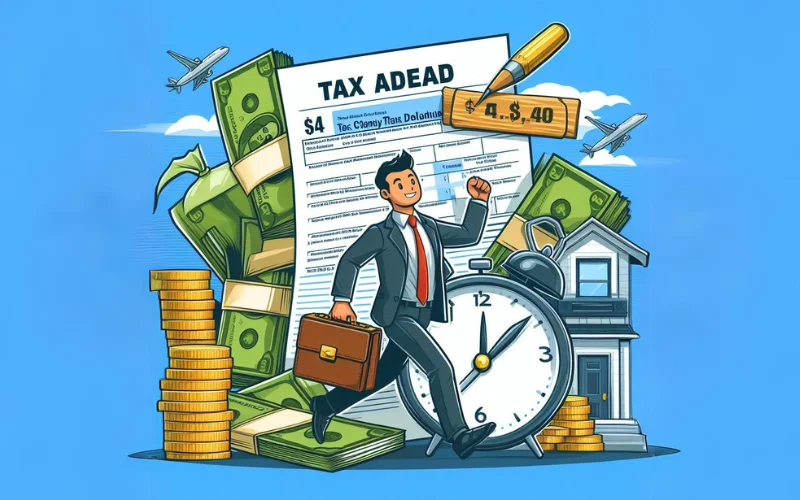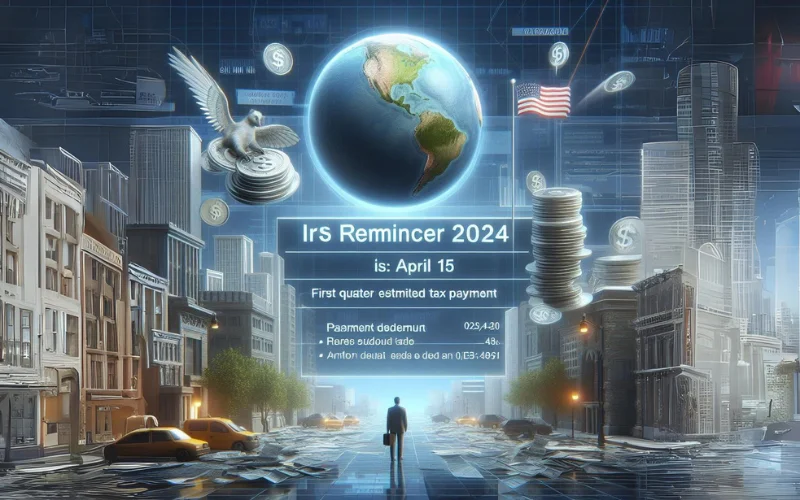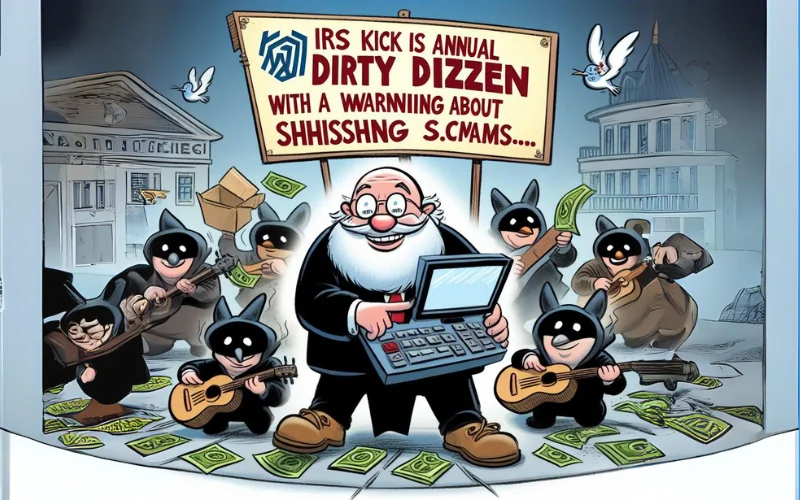Imagine this: You owe money on your taxes, you pay it and then months later the IRS sends you a letter like that never happened.
It says, basically, pay up. Or, in IRS lingo: “If we do not hear from you and you do not petition the U.S. Tax Court, we will assess the additional tax you owe plus any applicable penalties and interest and send you a bill,” said Matt Metras, a tax preparer in New York.
Metras read those words from a notice the IRS has been sending out a lot lately. Some of his clients have gotten them, and it makes things uncomfortable.
“The first thing they want to do is blame the tax preparer, like we messed something up,” Metras said. “They’re like, ‘Well, I paid this. I don’t know what happened.'”
The pandemic is what happened.
“When the pandemic hit, the IRS had to shut down their offices,” said Cesar Bocachica, an accountant for a firm in Virginia called ProSport CPA. But, “the correspondence, the letters, the checks — they didn’t stop receiving them.”
So the agency built up a huge backlog: millions of pieces of unopened mail and unprocessed returns.
That has created all kinds of problems: Checks from taxpayers sit uncashed, refunds never arrive.
The delays are so bad, they’re even affecting people who bypassed the mail and paid their taxes online.
Carla Blanchard, a CPA in Illinois, paid her taxes electronically in July. And yet, the IRS sent her letters saying she didn’t. Meanwhile, “you can log into your IRS account. And when I logged into mine, it showed my payment there,” she said. “So the payment that they’re saying I didn’t make is actually posted to my account.”
The IRS phone lines are backed up, too, so it can take a while to get through to the agency, if you can get through at all.
All of this can be confusing and upsetting for clients, said Bob Lickwar, a CPA at UHY Advisors.
“We as CPAs bill for our time, and I think that’s what they’re finding most frustrating, that they are incurring additional charges to have these issues resolved,” Lickwar said. “And to be frankly honest with you, I can’t say I blame them.”
The IRS declined to comment for this story. But on its website, the agency acknowledges the delays. It says taxpayers should not cancel checks they have sent, and that checks will be recorded on the date they were received, not opened.
The IRS also says it’s working hard to get through the backlog, and encourages people to file their 2020 taxes online.
Source: Marielle Segarra





